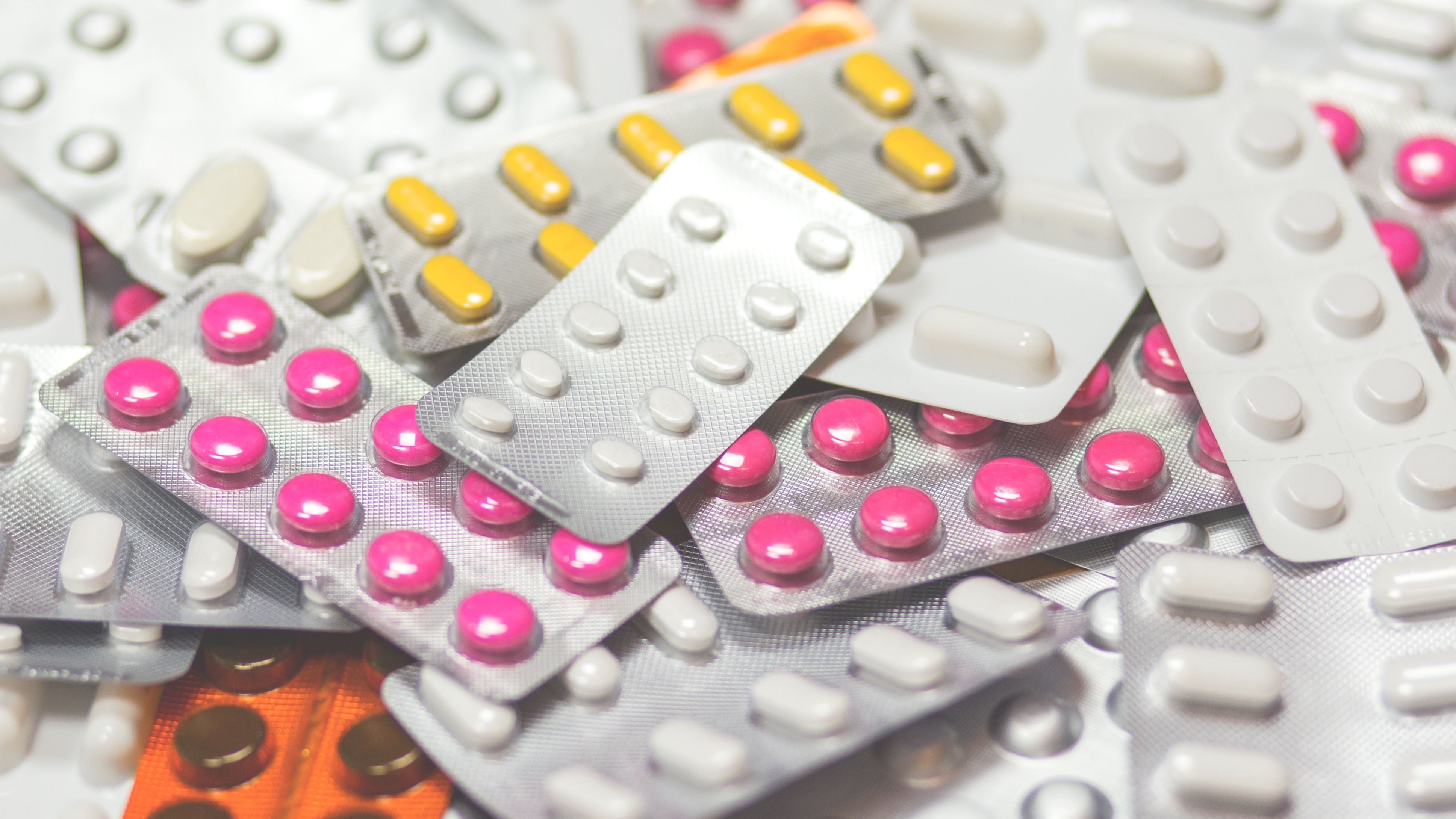Panama to develop pharma sector, provide access to medicines in the region
13 May 2017

The Central American country of Panama wants to develop its pharmaceutical industry to meet a growing local demand for over-the-counter (OTC) and prescription medicines. It also has ambitions to become a pharmaceutical hub for the region.
Panama’s economy grew a blistering pace during a boom that saw gross domestic product increasing by an average rate of 8% per year between 2004 and 2012. In recent years, the growth rate has slowed but it is still among the fastest in the region, supported by construction projects and activity related to the expanded Panama Canal.
The strength of the economy has allowed public funding for healthcare services and medicines, currently worth over US$3bn a year. Now, Panama is looking to increase access to healthcare for the whole population under a universal healthcare policy, which will encourage the growth of the segment in coming years.
In May 2017, Panama’s Minister of Health, Miguel Mayo di Bello, visited the headquarters of the United Nations Industrial Development Organization (UNIDO) in Vienna to discuss cooperation, in particular, ways to develop the country’s pharmaceutical sector and produce medicines for the local market.
UNIDO organized a field trip for the Minister, taking him to different Austrian pharmaceutical institutions to explore the possibilities offered by clustering and learn more about the logistical and organizational issues. He also visited the Austrian subsidiary of Shire, a multinational bio-pharmaceutical company, and the Vienna BioCenter, one of the world’s leading international biomedical research centres.
Following the Austrian visit, the Minister also participated in the UNIDO Latin America and the Caribbean/Russia event “Strengthening International Alliances between Latin America and the Caribbean and Russia Week", in St. Petersburg. This event opened up new opportunities for cooperating with the Russian Federation in the medical sector.
In a subsequent interview, the country’s ambassador to the United Nations in Vienna, Paulina Maria Franceschi Navarro, said that the visit had given the minister good perspectives on this matter and that he is optimistic that Panama can develop a pharmaceutical cluster in the future.
She said Panama wanted UNIDO to continue providing information regarding potential partners in the pharmaceutical industry, adding, “UNIDO is already playing a leading role in developing a pharmaceutical industrial hub in Panama and will play a major role in the design and monitoring of a master plan to ensure that Panama becomes a global player by 2030.”
Franceschi said, “We strongly support UNIDO's mandate particularly within the framework of Sustainable Development Goal 9. UNIDO can play a role, particularly in economies which are very highly specialized, like the Panamanian economy which is a service economy.”
Remarking on her involvement with fostering cooperation with UNIDO, she said, “My role has been to spot the opportunities and to bridge them and to engage potential stakeholders, in my country as well as to engage UNIDO officials here, with the idea of developing something together in Panama. I think my country can offer a great potential, because Panama has been fostering its natural legacy of connecting.”
Currently the market for OTC and prescription medicines in Panama is dominated by multinational companies such as Bayer, Merck and Sanofi, amongst others. The Ambassador sees clear benefits from developing national pharmaceutical production. “Panamanian society will benefit tremendously. It will fulfil a need for access to basic medicines and biotechnology clusters can foster innovation. In addition, and most importantly, it will provide employment opportunities for biologists, pharmacists, chemists, engineers and so on.”
In early July 2017, a UNIDO mission to Panama, led by Carlos Chanduvi, Chief of UNIDO’s Latin America and Caribbean division and Ambassador Franceschi, conducted discussions with all stakeholders about the creation of a pharmaceutical hub.
By Charles Arthur and Eugenia Coman